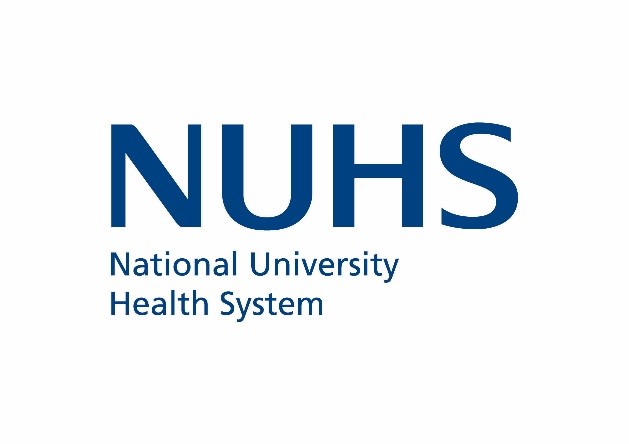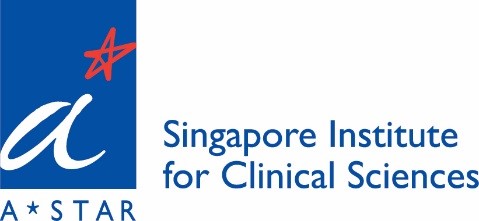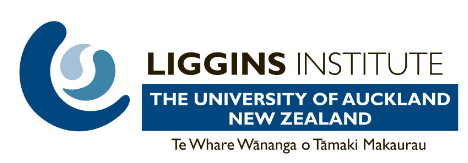First Singapore baby in nutritional cohort study could help in the war on diabetes and obesity
Multinational study aims to help would-be mothers give their children the best start to life through nutritional intervention.
In July, the first Singapore baby was born in a novel clinical study, which could help mothers optimise their nutritional health, starting even before pregnancy. In Singapore’s fight against chronic diseases such as diabetes and obesity, this study will provide valuable health information into the long-term effects of a woman’s diet on her future child’s health.
The baby boy was born at the National University Hospital (NUH) on 6 July 2016 in a study which is being carried out across three centres: Singapore, Auckland in New Zealand and Southampton in the United Kingdom. The study is known as Nutritional Intervention Preconception and during Pregnancy to maintain healthy glucose levels and off Spring health, or NiPPeR. The study investigates how a specially-formulated nutritional supplement taken before and during pregnancy could improve the health of the baby in the first year of life and beyond.
Says Ms Wong Xue Yun, 29, mother of Jasper Ting (her second child), “I believe the greatest gift I can give my children is to raise them up healthily. I hope my participation in this NiPPeR study can help future mothers avoid gestational diabetes and lower the risk of their children becoming obese.” Both mother and baby are doing well.
There is increasing evidence that the mother’s nutritional state as she enters pregnancy is important for the baby’s development and life-long health.
For example, if the mother has high blood sugar levels in pregnancy, it can predispose the baby to having increased body fat and diabetes in later life. Researchers also think that the food women eat, even before they are pregnant, can influence the risk of childhood obesity and other disorders later in life by switching genes on or off.
Around 15 percent of women in their twenties and thirties in Singapore already have a pre-diabetic condition, otherwise known as impaired glucose tolerance (1). Not only does this put them at risk of developing type 2 diabetes in the future, they are also at significant risk of gestational diabetes with attendant consequences on the long-term health of their babies. Singapore has the second-highest prevalence rate of diabetes among developed nations, according to a 2015 report by the International Diabetes Federation (IDF).2
Beginning before conception, the study provided all participating women with a nutrient drink containing vitamins and mineral supplements already recommended for pregnancy. Half the women were also given additional supplements, such as probiotics, as part of the trial. Follow ups are done with the women at regular milestones for the duration of the pregnancy and during their baby’s first year of life.
The study aims to evaluate the benefits of the nutrient mixes for the mother and baby. Through this intervention, researchers are studying the effects on maintaining healthy levels of blood sugar, vitamins and minerals in the mother, and the potential to promote a healthy pregnancy and healthy growth and development of the child. In addition, the study will generate a rich “biobank” of blood, urine, hair and other biological samples that will be collected throughout the trial to answer important questions about how to provide babies with the best start to life.
Associate Professor Chong Yap Seng, Principal Investigator of the study in Singapore and Executive Director at the Singapore Institute for Clinical Sciences (SICS) of the Agency for Science, Research and Technology (A*STAR) said, “Through this novel study, we can glean new insights into the long-term effects of pre-conception nutrition on the health of future offspring. This has significant potential to change the way we manage prenatal care and nutrition. Greater awareness has the potential to improve public health in the long run.” Associate Professor Chong is also a faculty member with the NUS Yong Loo Lin School of Medicine as well as Senior Consultant with the NUH under the National University Health System (NUHS).
Associate Professor Chan Shiao-Yng, another leading investigator on this study and a Consultant at the Department of Obstetrics and Gynaecology at NUH and Adjunct Investigator at A*STAR’s Singapore Institute for Clinical Sciences (SICS) said, “It is truly an exciting prospect if this innovative supplement taken by women could improve glucose metabolism in pregnancy and lead to the “programming” of better metabolic health in the next generation. It could significantly lessen the rising trend of diabetes in our nation.”
The study has enrolled over 400 women in Singapore and more than 1,000 internationally. This study is continuing to recruit in NUH in Singapore until the target of 600 women is reached in Singapore. Interested parties wishing to know more about this study can visit contact the research team at 1800-7-647737 or email nipper@nuhs.edu.sg.
1 Singapore National Health Survey of 2010, https://www.moh.gov.sg/content/moh_web/home/Publications/Reports/2011/n… 0.html.
2 Source; International Diabetes Federation. 2015.










